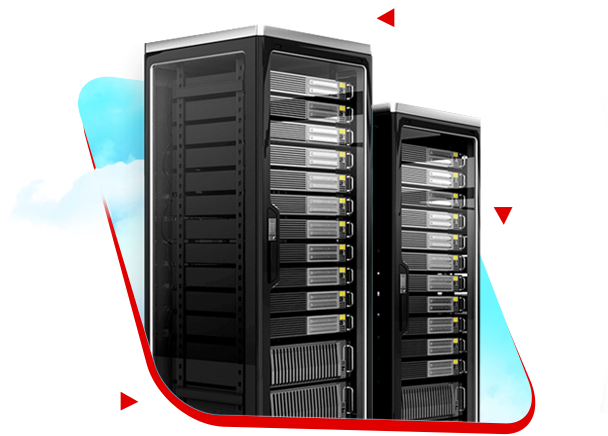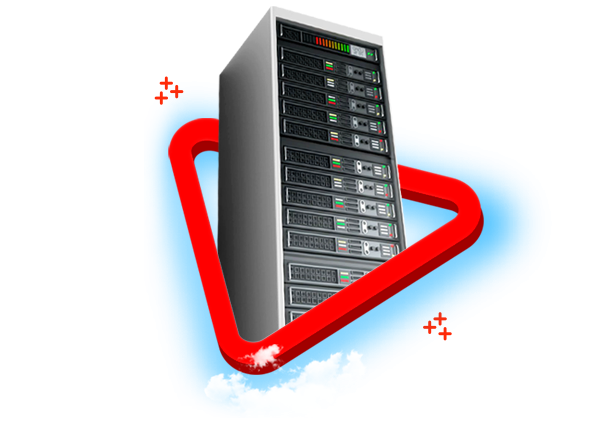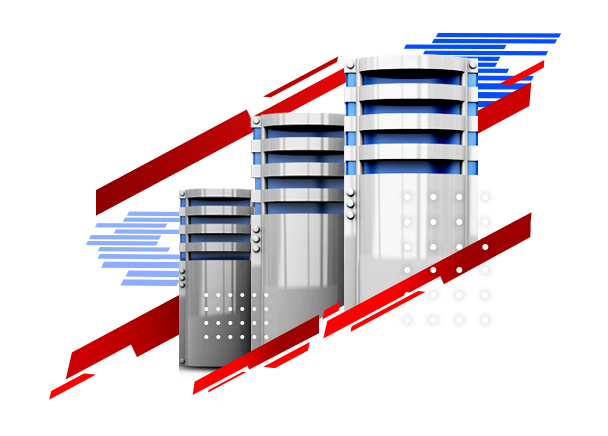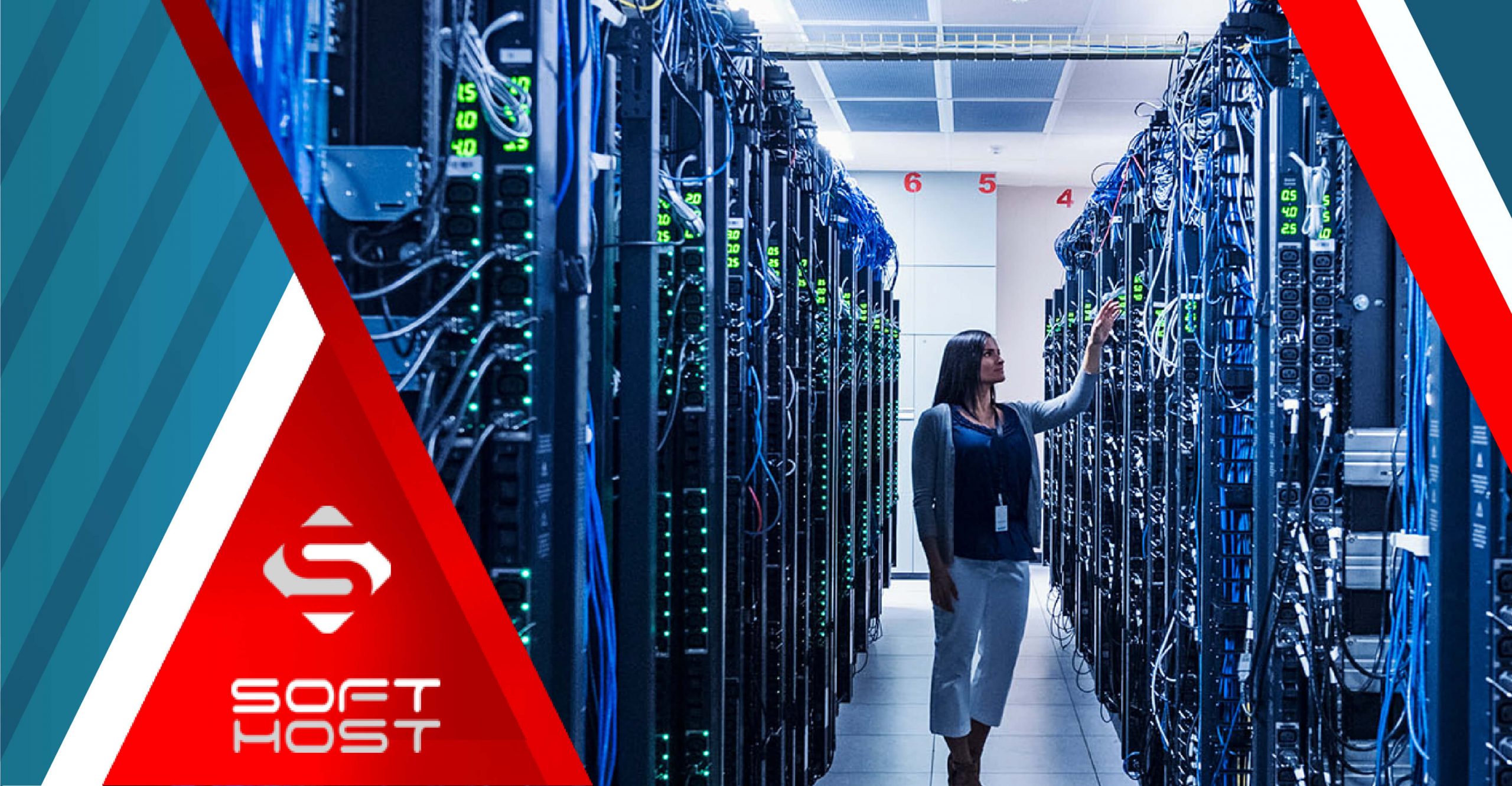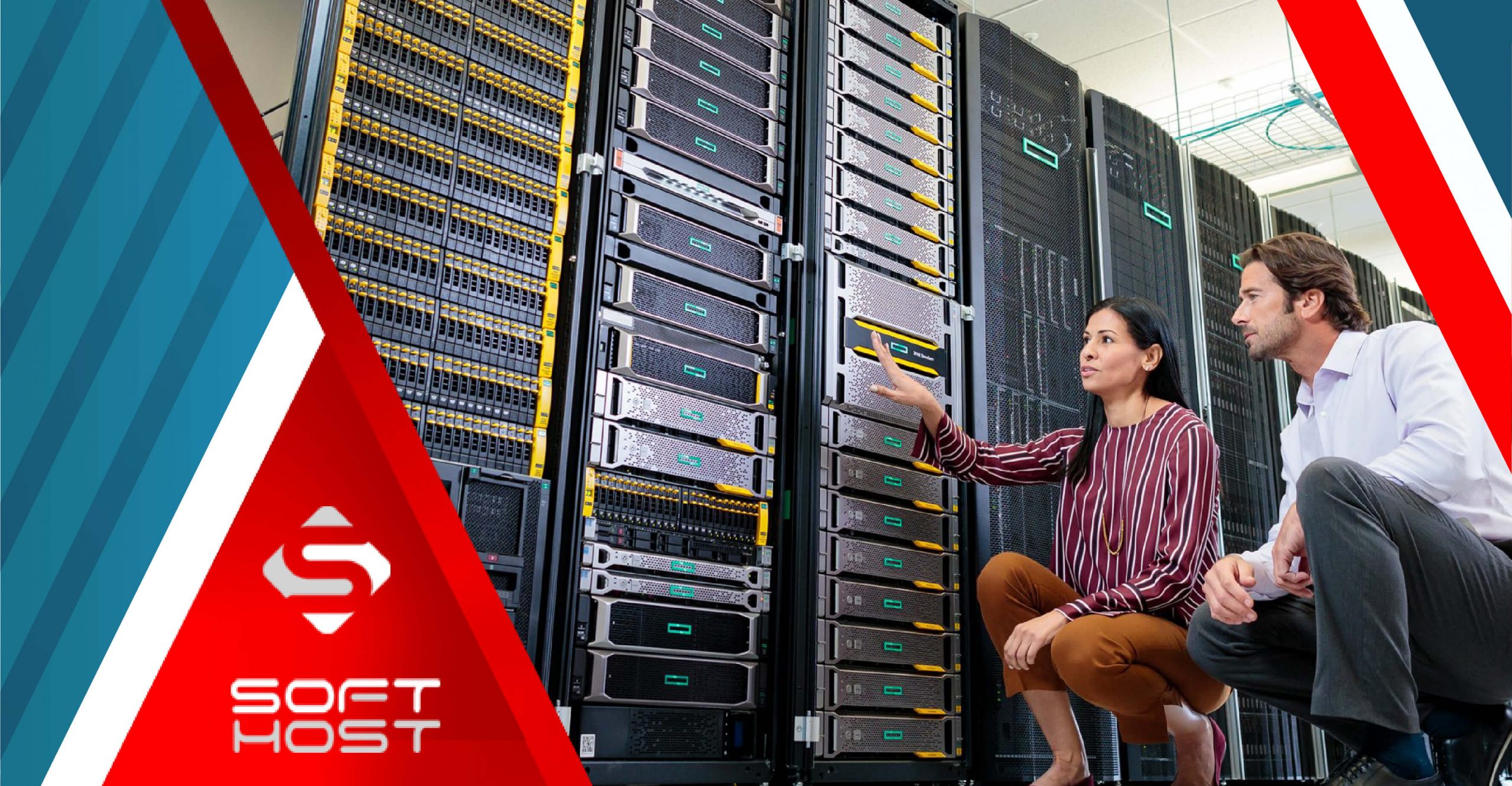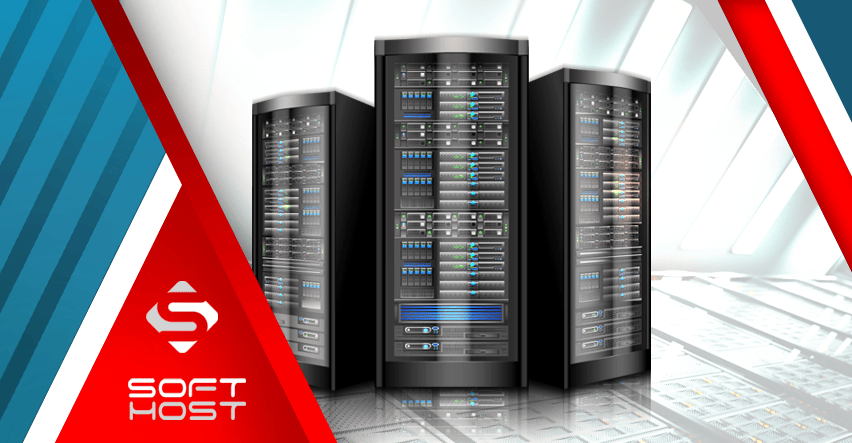
Suppose you are the owner of an e-commerce website, a service system or any service on the Internet and you have recently reached a certain level of traffic. In this case, probably buying shared hosting is no longer an answer to your needs.
In this case, it is time to migrate to a dedicated virtual server. At this stage, you will be faced with the question of what VDS is and the unwanted dilemma of buying VDS or VPS. In this article, we will answer your questions in this regard. Before explaining VDS, let’s take a look at the virtualization concept. So, stay tuned!
What is virtualization?
Table of Contents
Virtualization is a technology that has changed web hosting by many definitions. This method allows dividing a server into smaller parts. Each smaller region has its own operating system to take advantage of the resources provided by the main server. In this way, the productivity of the servers has increased and despite having multiple servers, the use of several different scenarios has been provided based on the needs of the users.
One of the practical results of this is the possibility of offering virtualized servers directly under the VDS or VPS label. In this type of service, full admin and root access to the server is provided to the user to apply all desired settings on the server without restrictions. This is not possible in shared hosting plans, and all users are required to use the same settings, and on the other hand, using a dedicated server costs a lot.
What does virtual dedicated server (VDS) mean?
Virtual Dedicated Server (VDS) is a cloud infrastructure that allows users to manage an isolated server over the Internet. A VDS offers the same performance and resources as an on-premise server on a leased basis managed by a cloud service provider.
Virtual Dedicated Server can be considered as one of the most popular cloud service providers because it allows users to rent a managed but dedicated server to develop, deploy and host web applications. Once provided to the customer, this virtual private server is never shared with other customers.
A virtual private server is a combination of complete server hardware, along with an operating system (OS), provided by a remote access layer that allows end users to access their server globally over the Internet.
When do you need VDS?
With the increasing penetration of the Internet, more and more users are added every day who want any kind of online service. In order for these businesses to operate, they need powerful servers with predictable performance. For years, we saw hardware servers, but that’s not the case anymore.
Previously, if you needed dedicated resources for your e-commerce website, you would rent a hardware server or buy the server yourself. This case does not make sense at all in terms of scalability, maintenance, management and cost. But VDS servers are a solution to such a problem.
Subsequently, hypervisor technologies make it possible to have multiple virtual machines running on the same hardware. Virtual servers are completely isolated and each has its own resources, such as: CPU, RAM, storage space, etc.
What is a virtual dedicated server useful and suitable for?
A VDS is ideal for sites that exceed the capabilities of conventional hosting, network services, and for software design, development, and testing. Confidential projects that require data security are also based on virtual dedicated servers in most cases, especially for start-up companies that cannot afford to buy or rent a physical server.
If you have a small website, you don’t need to host it on a VDS server. For example, you can use a cheaper option (e.g. cloud hosting). However, keep in mind that in this case, you can only use the software installed by the providers, and the performance of your site depends entirely on the amount of traffic from other subscribers.
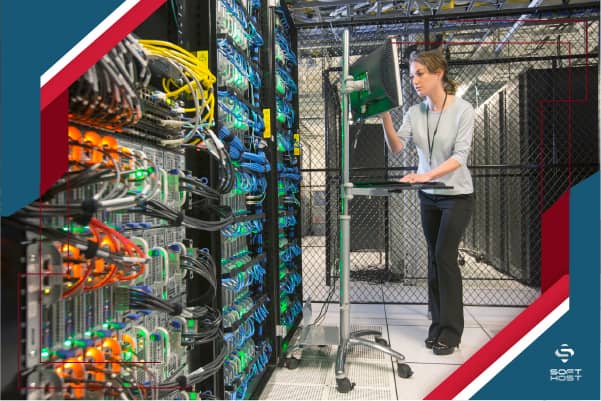
How reliable is VDS?
One of the attractive features of VDS is the dedicated resources installed on the virtual machine. Dedicated virtual server provides you with the power of a dedicated server but in a virtual environment. That is, when you need extra space to handle growing traffic. You add more resources without changing hardware.
Virtual machines are built with hardware partitioning and provide users with dedicated units. When the user requests more resources, the centralized system allocates more RAM, memory and CPU power to the VDS and you are ready to serve your customers.
On the other hand, VDS performance is predictable and offers you full guarantee of the designated space. So you get what you pay for with 100% transparency. This system comes with full server control. You can manage users, software installation, network power, firewall, etc. to run any program without restrictions.
Multitasking with dedicated virtual server
Today, you can get services in different types and models (SaaS, PaaS, IaaS, etc.). A dedicated virtual server is part of “IaaS”, (infrastructure as a service model), the most versatile cloud service model. Based on a virtual machine, you can build any information system you need.
Also install any operating system and software and configure any network. You can upgrade or downgrade it at any time with just a few clicks. The list below is not a complete list. But it gives you an idea of how VDS is currently being used:
- Merge multiple directories
- Directory join and identity information
- Access control
- Data validation before it is written to the directory
- Data distribution/partitioning
- Create virtual directories spanning multiple data sources
- Integration of directories with web services (XML / SOAP)
- Integrate or enable Single Sign-on architectures
- Operational load balancing
- Failover
- Extensive filter operation
- Filter processing
- Backup monitoring
Top benefits of Virtual Dedicated Server (VDS)
Affordable
The main reason for buying a dedicated virtual server is the affordable service compared to dedicated servers. This will help you save a significant amount of money on a dedicated server and get the same output from the device.
VDS flexibility
VDS offers complete flexibility in server upgrades and downgrades to meet current needs. Where dedicated servers require time-consuming hardware installation, VDS gives you instant access to additional resources to meet growing demand.
Conclusion
VDS or dedicated virtual server is one of the most important and widely used hosting services. Now that you’ve read about VDS and its features, you can decide whether you need it in your business or not. In short, as you already noticed, this service is like a virtual private server but with guaranteed resources. In fact, it acts like a real dedicated server due to the benefits of KVM virtualization.
A virtual dedicated server, unlike a physical server, provides the ability to quickly upgrade or reduce computing power. Virtual Dedicated Server makes hosting and managing your application easier and more flexible as long as you have the necessary system management skills.
Frequently Asked Questions
- What is VDS or virtual dedicated server?
An infrastructure as a service (IaaS) that allows users to provide an isolated server over the Internet. In these hosts, the same resources as an internal server are provided, but they are leased and managed by a cloud service provider.
- What is VDS used for?
It is a hosting service that uses virtualization technology to provide dedicated (private) resources on a server with multiple users.
- What is a dedicated server?
A dedicated server is a type of web hosting where the client has exclusive use of the entire server.
CATEGORY:Blog

